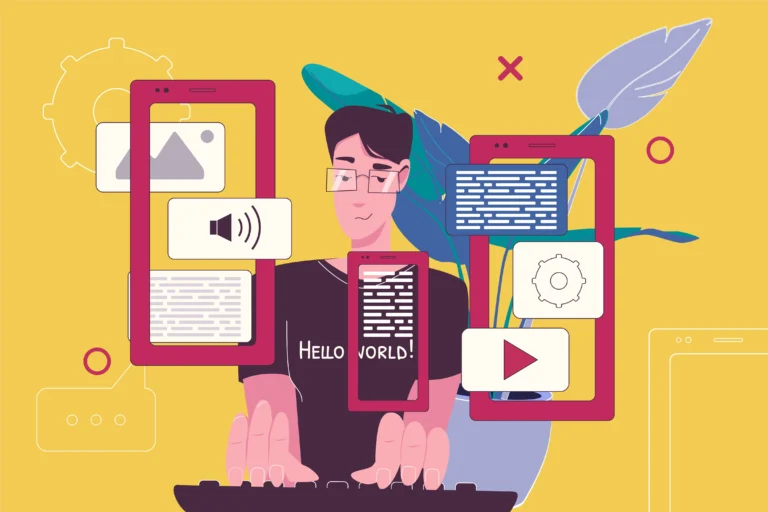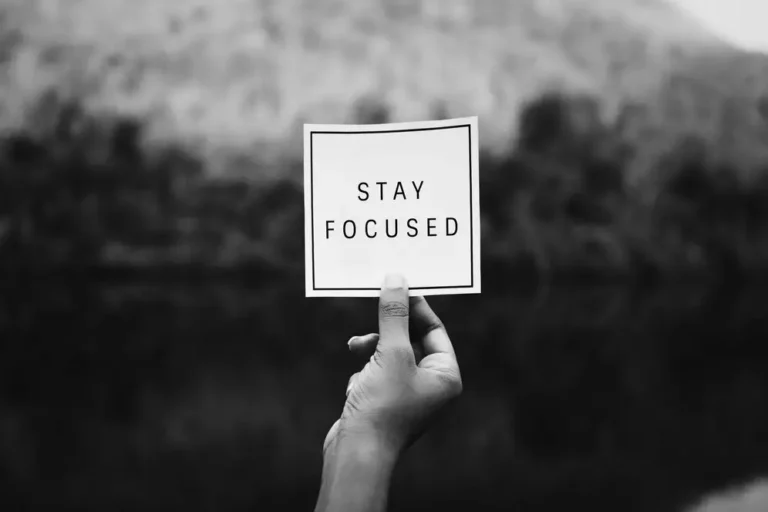How Digital Minimalism Helps You Beat Anxiety in 2025
Let me start by being real with you.
A few months ago, I found myself constantly checking my phone—scrolling Instagram, switching between five apps every few minutes, watching videos on YouTube I didn’t even care about. I was overstimulated, unfocused, and silently anxious. Sleep was poor. My attention span? Non-existent.
Then I asked myself a simple question: What if the noise outside is destroying the peace inside?
That’s when I discovered digital minimalism—not just as a productivity hack, but as a true mental health lifestyle. In 2025, where our screens scream louder than our thoughts, digital minimalism isn’t optional anymore. It’s a survival tool.
And in this article, I’ll walk you through how digital minimalism helps you beat anxiety in 2025, share my own journey, practical steps, and science-backed tips—without any fluff.
What Is Digital Minimalism?
Digital minimalism is the intentional practice of reducing digital clutter to focus only on technology that adds real value to your life.
It doesn’t mean you have to throw your phone away and live in the woods.
It means:
- Checking your phone with purpose, not habit.
- Using tech as a tool, not a crutch.
- Creating space for stillness, reflection, and real connection.
It’s about taking back control.
Why Is Digital Minimalism Trending in 2025?
There’s a reason more people are searching online for:
- “how to practice digital minimalism for mental health”
- “digital detox routine for anxiety and focus”
- “ways to reduce screen time for better sleep 2025”
Because we’re finally realizing:
Too much digital noise = too much mental chaos.
Anxiety, burnout, insomnia, overthinking—it’s all tied to digital overload. Our brains were not designed to handle this flood of information 24/7. Notifications, endless scrolling, and comparison culture have become silent anxiety triggers.
But here’s the good news: when you declutter your digital life, your mental space clears up too.
My Personal Turning Point: The Wake-Up Moment
One night, I caught myself scrolling through reels at 2 AM—watching strangers dance, argue, prank each other. I wasn’t laughing. I wasn’t learning. I was just numbing my brain.
I asked myself: “What am I avoiding?” The answer: my own thoughts.
That’s when I deleted Instagram, YouTube, and Facebook from my phone—for 7 days. I felt withdrawal. I craved dopamine hits. But after day three, I felt something I hadn’t felt in months: stillness.
I started journaling. I slept better. I felt lighter.
That’s when I knew this wasn’t just a detox—it had to become a lifestyle.
Benefits of Digital Minimalism for Anxiety and Mental Clarity
1. Improved Focus and Deep Work
Without the constant pings and pulls of your phone, your brain can finally sink into deep focus. This increases productivity and lowers stress.
2. Reduced Comparison and Social Pressure
Less scrolling = fewer toxic comparisons. You stop measuring your life by someone else’s highlight reel.
3. Better Sleep Quality
Screen time, especially before bed, affects melatonin production. Reducing screen time = deeper, better sleep.
(That’s why “ways to reduce screen time for better sleep 2025” is one of the top trending searches now.)
4. Less Overthinking
When you stop flooding your brain with other people’s opinions, you start hearing your own voice again.
5. Emotional Stability
You become less reactive and more intentional. Mental clarity replaces digital chaos.
How to Practice Digital Minimalism for Mental Health in 2025
Here’s a simple step-by-step plan based on what worked for me and many others.
Step 1: Audit Your Digital Life
Ask yourself:
- What apps make me feel anxious?
- Which ones do I use mindlessly?
- What truly adds value?
Write it down. Awareness is the first win.
Step 2: Delete or Limit Non-Essential Apps
Uninstall apps that bring zero real benefit. Or move them to a hidden folder. I removed:
- YouTube (mobile)
You can always access them from your laptop if needed, but removing them from your pocket breaks the addiction loop.
Step 3: Turn Off Notifications
Go to settings and turn off all non-essential notifications. Trust me—you don’t need to know when someone likes your meme.
This alone can cut your screen time by 30%.
Step 4: Create a Digital Detox Routine
People often search “digital detox routine for anxiety and focus” for a reason—it works.
Here’s mine:
- No phone 1 hour after waking up
- No screen 1 hour before sleep
- No social media Mon-Fri (only Sat-Sun for 1 hour)
- 30-minute journaling every night
Customize your own detox routine. Stick to it for 21 days and feel the shift.
Step 5: Use Tech with Purpose
Ask this before using any app: Am I creating or consuming?
Use your phone to:
- Read a book (Kindle)
- Learn a skill (Skillshare, Notion)
- Write ideas (Google Docs, Notes)
Mindful tech use beats mindless scrolling.
Tools That Help Me Stay Digitally Minimal
Here are some tools I use to practice digital minimalism in 2025:
- Forest App: Grow a tree by staying off your phone. If you use it, the tree dies. Sounds silly, but it works.
- Freedom: Blocks distracting sites.
- Notion: My all-in-one place for writing, planning, and journaling.
- Paper Journals: To get my thoughts out without screen time.
How Digital Minimalism Changed My Life
Since practicing digital minimalism, I’ve:
- Reduced my screen time by 60%
- Started writing more (this article is proof)
- Slept 2 hours better on average
- Felt calmer, clearer, and more present
Most importantly—I got myself back. Not the version glued to screens, but the one that thinks, feels, and breathes freely.
Challenges You’ll Face (And How to Beat Them)
- FOMO (Fear of Missing Out):
Remind yourself—if it’s important, you’ll hear about it.
If it’s urgent, someone will call. - Social Pressure:
People might ask, “Why aren’t you online?”
Just smile and say, “I’m investing in my peace.” End of story. - Boredom:
Yes, you’ll feel bored at first. That’s a good sign. Boredom is the gateway to creativity.
Read Also: How to Improve Focus and Concentration for Maximum Productivity
Conclusion: You Deserve a Quieter Life
In a world addicted to digital noise, choosing silence is a rebellious act of self-care.
Digital minimalism isn’t about being anti-technology. It’s about being pro-mind, pro-clarity, and pro-life.
If you’re feeling anxious, unfocused, or just plain overwhelmed, start small. Audit your screen time. Try a digital detox. Be intentional. You don’t need to disappear—you just need to declutter.
At SVEnlightment, we believe in mindful living—where you create space for peace, purpose, and presence.
And that’s how digital minimalism helps you beat anxiety in 2025—one mindful choice at a time.







